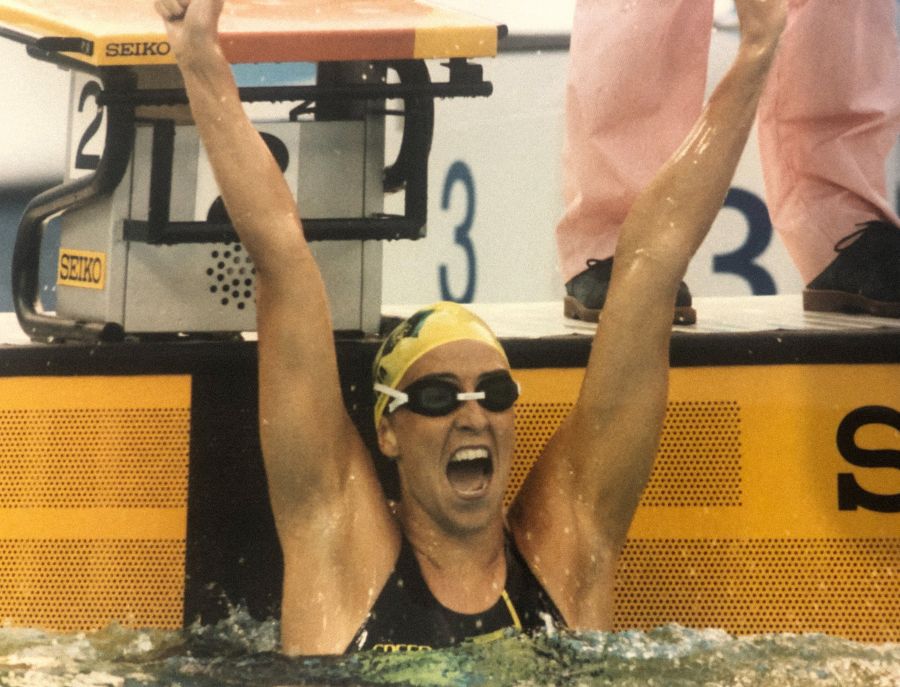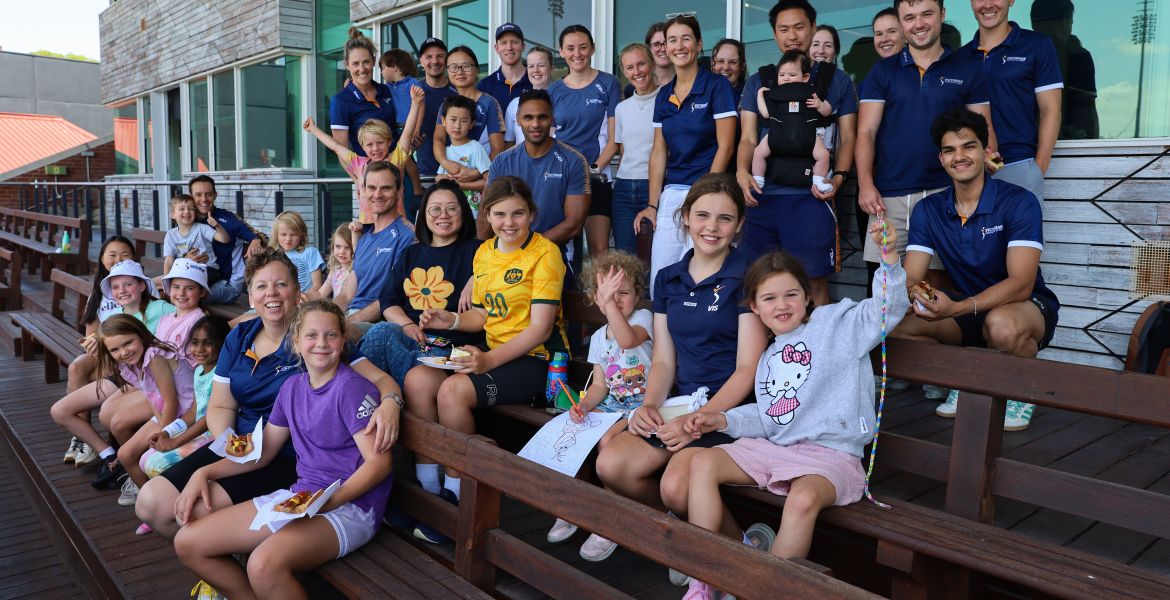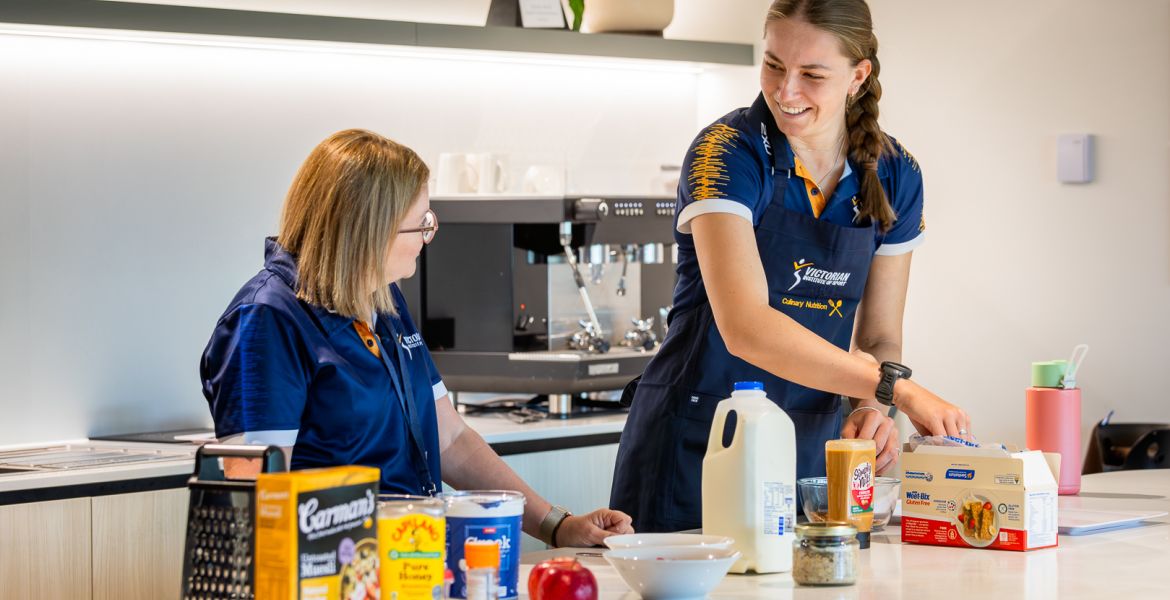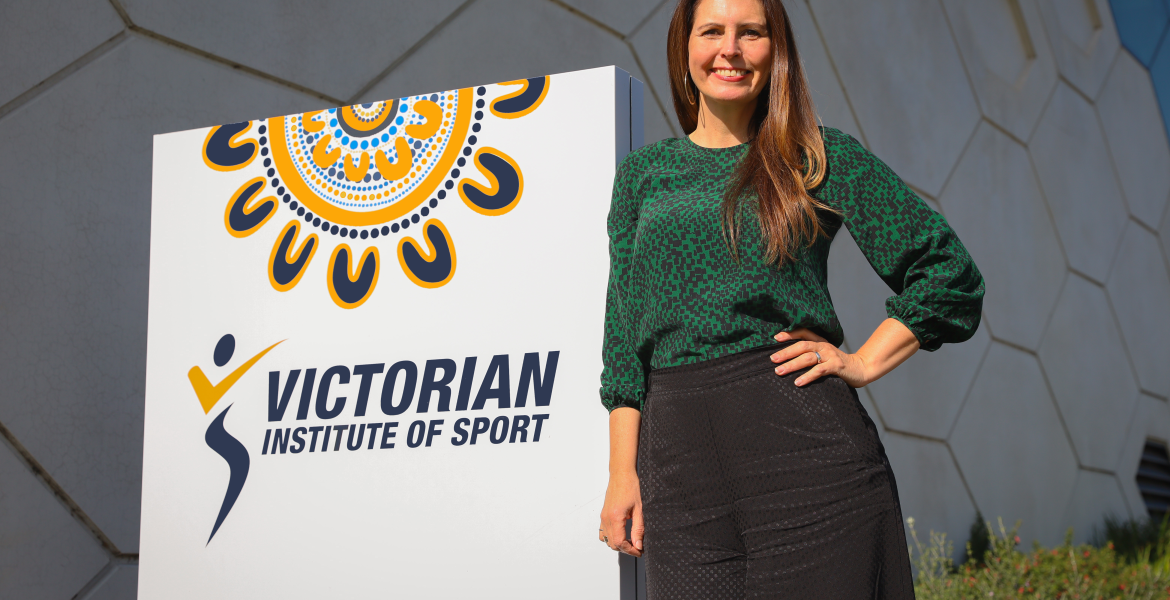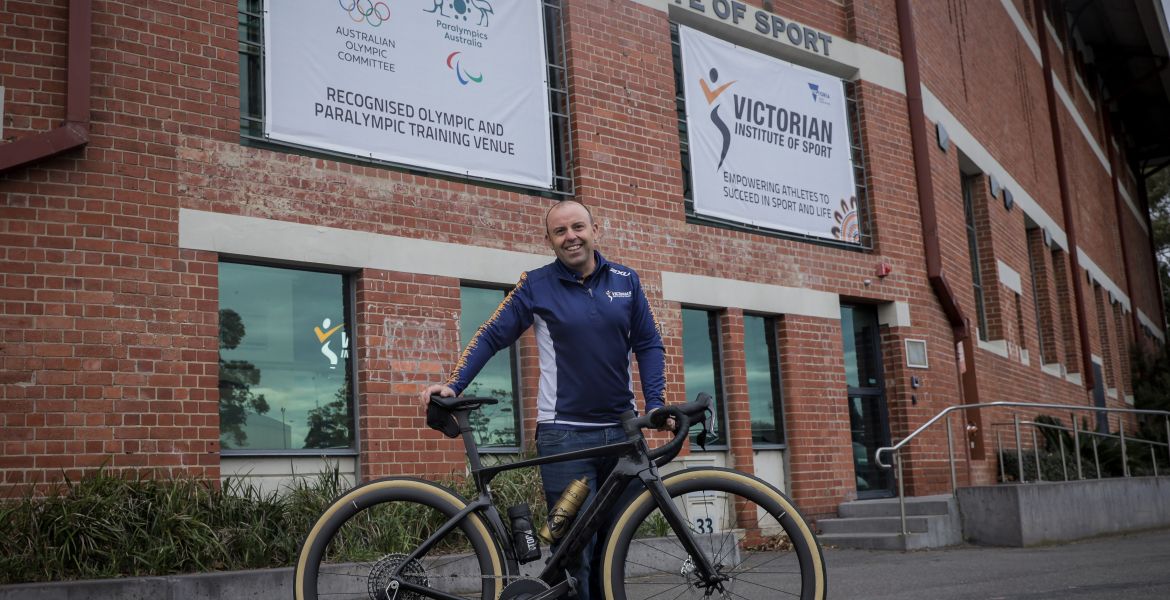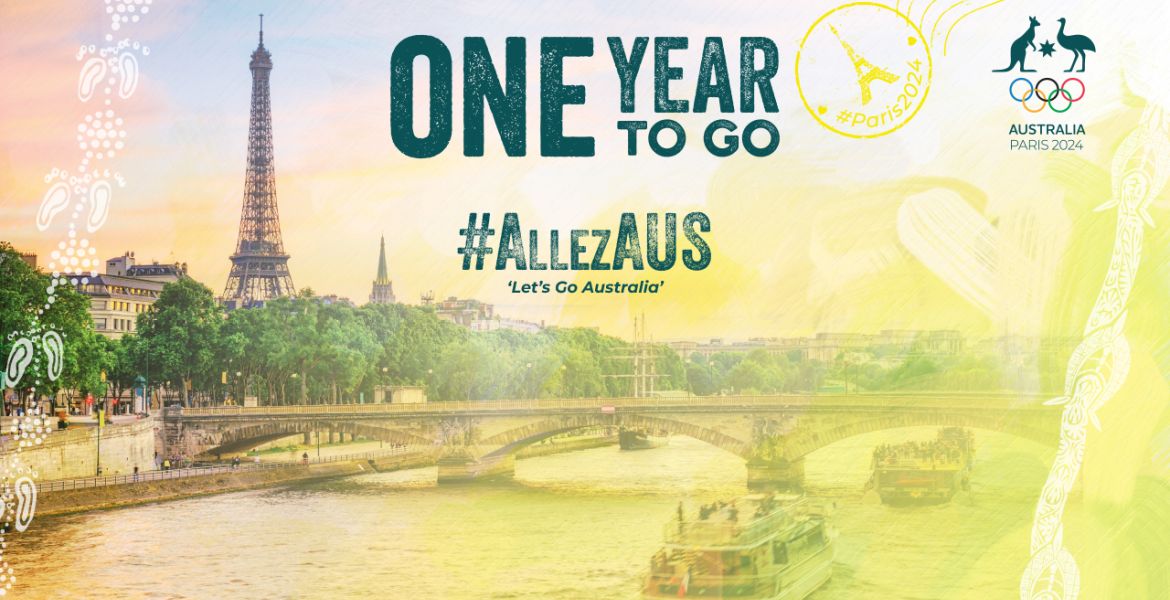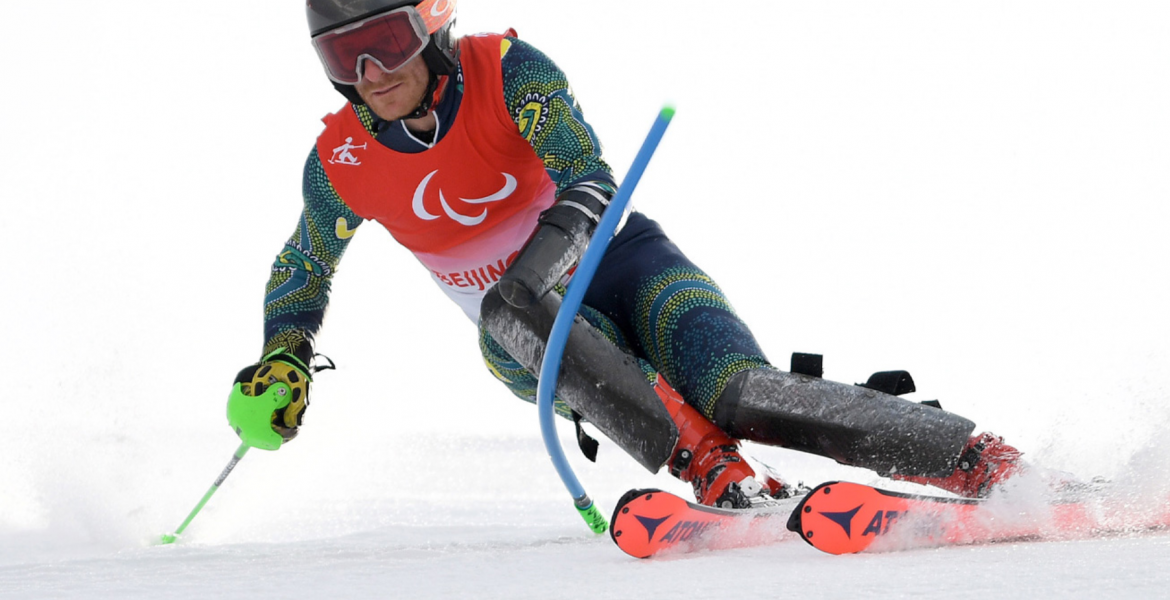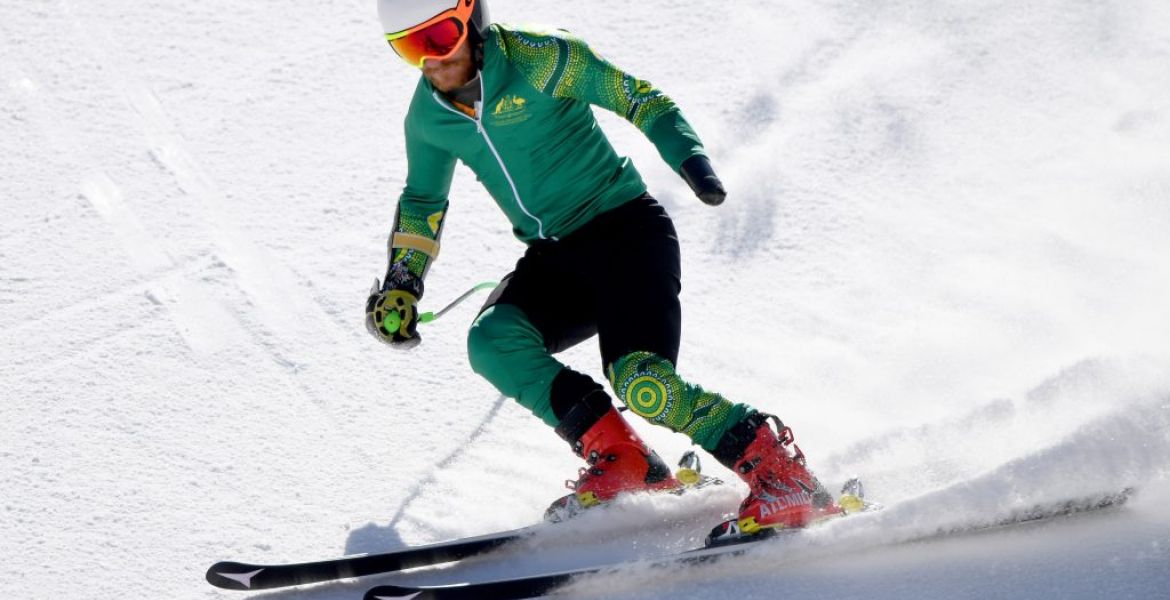Written by Dr Frank Pyke (VIS ED 1990 – 2006) for VIS Pinnacle Newsletter in 1992
Our First Olympics
Victorians were successful in winning 12 Olympic medals (3 Gold, 6 Silver and 3 Bronze) which represents nearly one half of the national total. Victorian Institute of Sport (VIS) supported athletes won 8 of these medals (3 Gold, 3 Silver and 2 Bronze), a great achievement considering our brief history.
Put another 30 per cent of the 39 VIS athletes who represented Australia at the Games actually won medals. This is phenomenal strike rate, by any standard of comparison.
Before these Games only 12 Victorians had ever won an Olympic Gold Medal. Now we have 18 Olympic Champions and we can add the names of Kathy Watt, Peter Antonie, James Tomkins, Mike McKay, Nick Green and Andrew Cooper to the membership of our exclusive club.
Among the medallist there were some special performances. Kathy Watt showed her versatility as a cyclist by succeeding at the highest level on both the road and the track. Her determination and single mindedness are unrivalled.
Peter Antonie teamed with Tasmanian Stephen Hawkins in the Double Sculls and demonstrated that size is not everything, both being relative lightweights when compared to the other crews. The victory capped off a great career for Peter who has now won everything possible in Australian and World Rowing.
The Oarsome Foursome who have been the world standard coxless four rowing for the past two years, became great Olympic champions.
Slalom canoeist, Danielle Woodward, who was not chosen initially and had to convince selectors of her form and fitness in lead-up races, became the Olympic Silver Medallist only missing Gold in the last run of the competition.
The Men’s Hockey team had a good tournament and, while the Gold Medal still eludes them, the four young Victorians who represented Australia (David Wansbrough, Jay Stacy, Lachlan Elmer and Lachlan Dreher) all did well for their country.
Victoria’s outstanding Backstroke Swimmer, Nicole Livingstone fulfilled a lifelong ambition by winning an Olympic medal in her speciality, the 200 metres. And finally, 18-year-old Tim Forsyth went within an ace of winning the Olympic High Jump competition. He won a bronze on a count back after equalling his own Australia record of 2.34 metres, the same height as the winner.
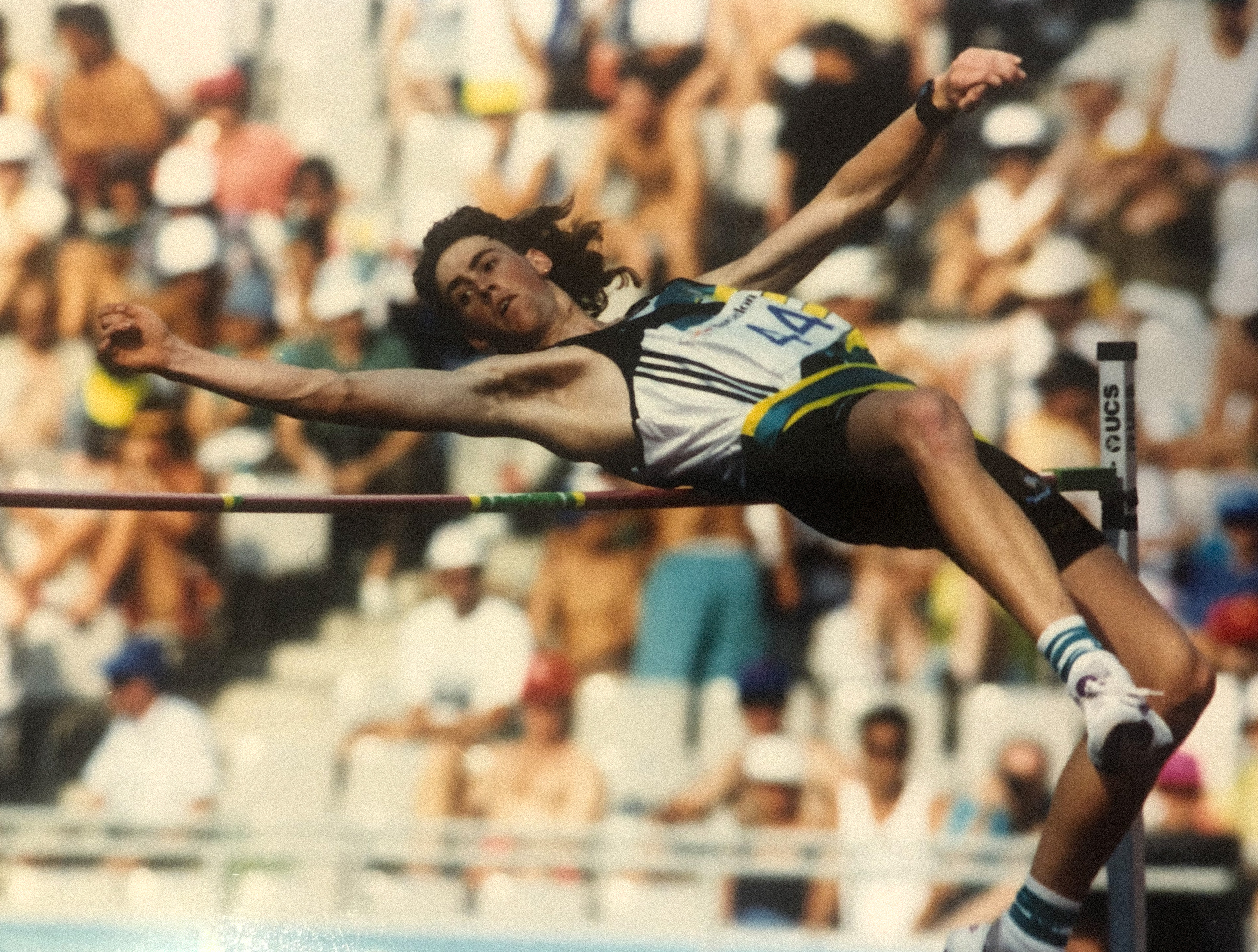
Image: Tim Forsyth jumps a new Australian High Jump Record
Several other VIS athletes made Olympic finals – an achievement in itself. And very few, if any came away from Barcelona without a degree of success, for no one is really a loser at the Olympics.
However, while we can bask in the glory of our winners in Spain, there is still a lot of work to be done if we are to maintain the momentum that has been created by their performances.
But, for the moment, let us savour the memories of a fabulous Olympic Games. Sport was the real winner. It must always be that way. - Dr Frank Pyke
Our First Paralympics
The great success of VIS athletes who represented Australia at the Barcelona Olympics was followed by the tremendous performance by our VIS elite athletes with a disability who won a total of 17 medals at the Paralympics. Seven of the 11 VIS full scholarship holder who competed at these Games actually won medals for Australia.
Prominent among the victors were amputee swimmers Anne Currie (who won 3 Gold medals in freestyle events, all of which were world records) and Kelly Barnes (who won 2 Silver medals in the butterfly and medley events).
Wheelchair winners included weightlifter Brian McNicholl who won the Gold medal in the bench press with a new world record of 227.5kg, and track and field athlete John Lindsay, with a Gold medal and world record in the 200 metres, a Silver medal in the 100 metres and Bronze medal in the 400m metres. Greg Smith won a Silver medal in the wheelchair relay and Bronze medal in the marathon.
Successful blind athletes were Jodi Willis, Gold medallist in the shot put and Silver medallist in the discuss, and Darren Collins, Bronze medallist in both the 200 and 400 metres running events.
Stay up to date with our 'Remembering VIS at the Games' campaign here
Written by Dr Frank Pyke (VIS ED 1990 – 2006) for VIS Pinnacle Newsletter in 1992
Dr Frank Pyke was the inaugural Executive Director of the Victorian Institute of Sport (VIS) in 1990, a position which he held until 2006. During his tenure at the VIS he developed a number of programs and was respected by so many athletes and staff. In 2011 Pyke passed away several months after he was diagnosed with motor neurone disease.
In his honour, we now present the ‘Frank Pyke Achievement Award’ at our annual Award of Excellence evening, presented to an athlete who had a successful sporting career as well as making a significant contribution to the VIS and their sport, and most importantly been successful in their career path. The Award reflects the VIS motto, ‘Success in Sport and Life’ over the span of the athlete’s career.

